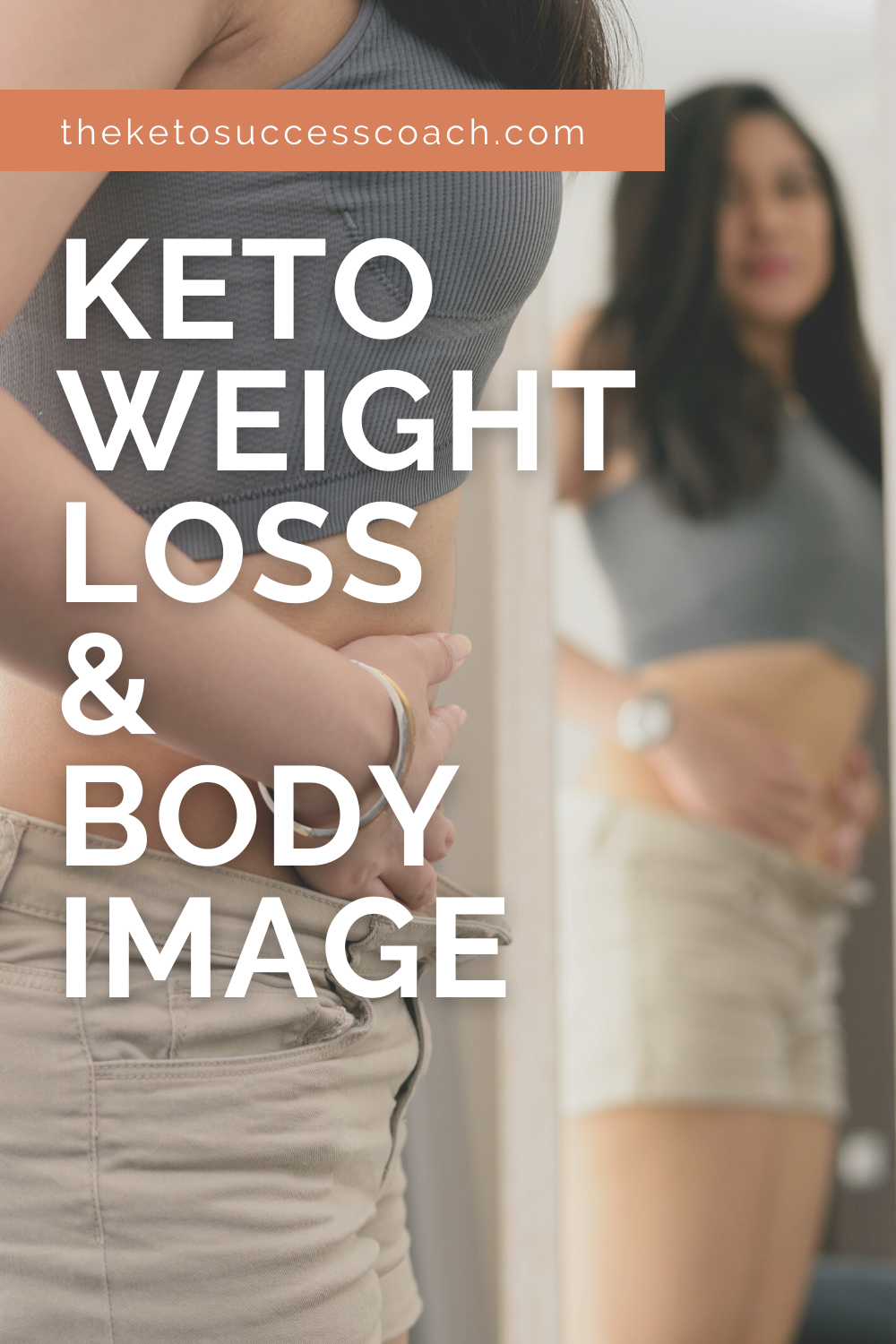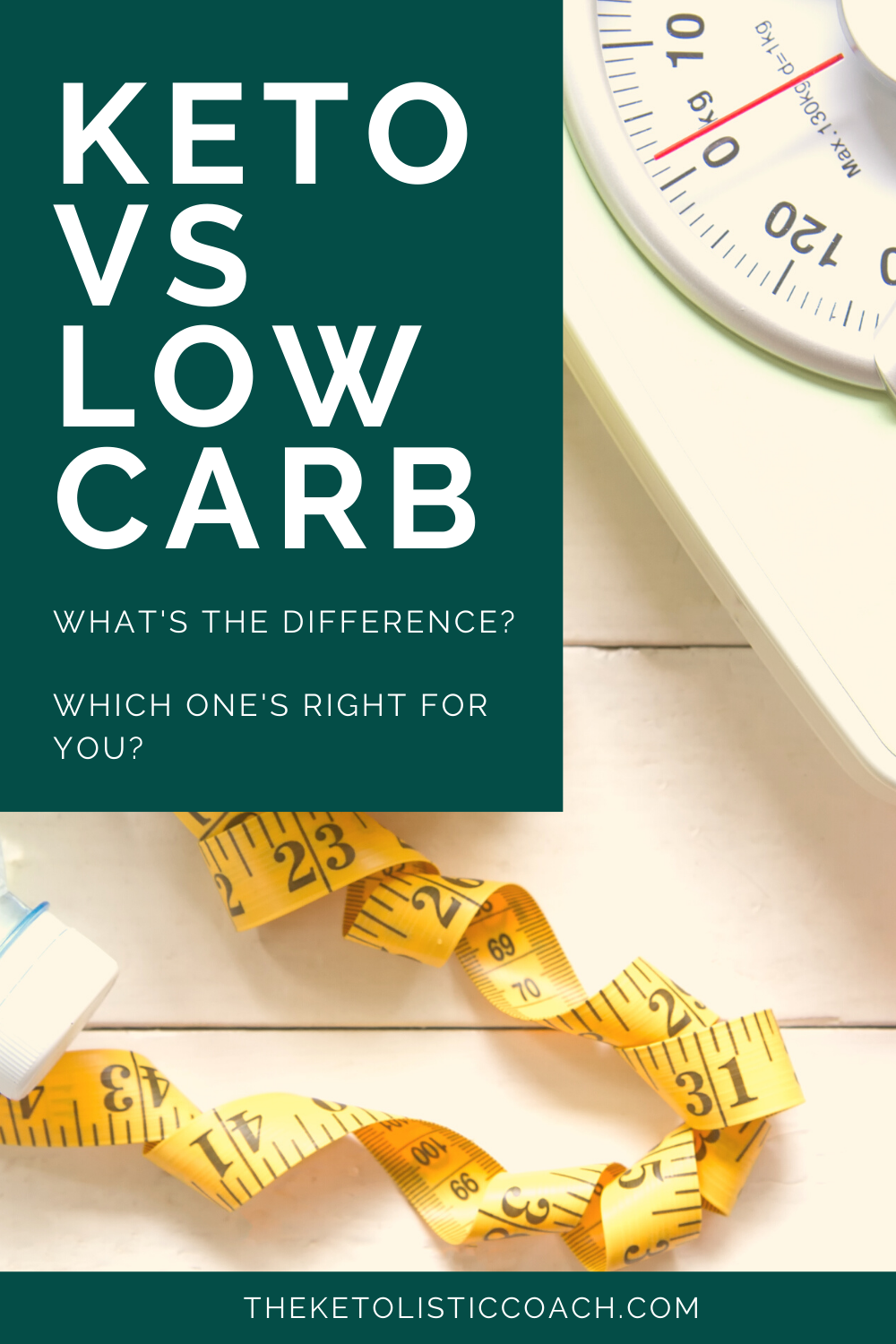The ketogenic diet has certainly been a huge trend the last few years and for good reason - it is simple to follow, includes foods that are satisfying and feel indulgent, and can get some serious results!
Before you begin a keto diet it’s important to understand what it is, why it works, and how to get started properly to get all of the incredible benefits. Of course, like learning any new skill, you may experience a few mistakes or setbacks along the way. You are learning a new way of eating and it can be pretty intimidating. But the best thing to do is jump right in and START. Then learn and adjust along your way to develop a keto lifestyle that truly works best for you!
GRAB YOUR FREE DAILY KETO HABIT CHECKLIST BELOW!
Here are some important info + steps to get you started:
WHAT IS KETOSIS?
Ketosis is a metabolic state where the body burns fat or ketones for fuel instead of carbohydrates (glycogen). The purpose of a ketogenic diet is to allow your body to enter a state of ketosis which is accomplished by restricting the amount of carbohydrates you consume on a daily basis.
The general rule of thumb is to stay under 20g net carbs per day, for an extended period of time to get into ketosis. The amount of net carbs per day may vary from 25g-30g, but most people use 20g net carbs or under as a guideline starting out. The macronutrient breakdown of a typical day of eating on a ketogenic diet is 70% Fat, 25% Protein, 5% Carbohydrates.
WHAT ARE NET CARBS?
Net carbs = Total Carbs - Fiber - Sugar Alcohols
Net carbs refer to the amount of carbohydrates left after the body has digested our food. Since the body can’t break down or absorb things like fiber or certain sugar alcohols they are not counted towards your daily carb intake.
Once carbs are limited for about 3-5 days your body will burn through any stored glycogen (carbs) and start using fat for fuel and enter a state of ketosis. After a few weeks your body will be “fat adapted” where your body will start burning fat more efficiently, and you will be on your way to reaping all the incredible benefits of keto!
BENEFITS OF A KETOGENIC DIET
Weight loss
Blood sugar control
Improved mood
Increased energy levels
Lowered blood pressure
Higher HDL (good) cholesterol
Improved skin conditions
Improved digestive system
WHY KETO WORKS
While the rules for following a keto diet are simple (stay under 20g net carbs per day for an extended period of time), it may be challenging to adapt to this new way of eating if you’re used to eating all the high carb or sugary foods and drinks. Whether or not the keto diet is right for you is only something you can answer for yourself after you’ve given it a proper chance!
There are 2 primary reasons the ketogenic diet works:
It reduces the amount of calories consumed - due to the high fat and highly satiating nature of foods regularly eaten on a ketogenic diet you may feel full longer on less food. If you feel more full throughout the day you will naturally decrease the amount of calories you consume.
It increases the production of ketones - which is one of the most efficient fuel sources for our body to burn but are not produced unless there is an absence of carbs and sugar in the body. This is what leads to increased energy levels and a reduction in appetite.
This unique combination of natural calorie reduction and increased ketone production is what makes a ketogenic diet a powerful way of eating that can lead to some serious weight loss results.
3 STEPS TO STARTING A KETOGENIC DIET
While there are many different approaches to a keto diet, there are 3 main steps that will help you begin and are the most important for your success.
Know what foods to eat and what foods to avoid
Eat the appropriate amount of those foods
Increase your water intake & electrolytes
STEP 1 - Know what foods to eat and what foods to avoid
GRAB YOUR FREE DAILY KETO HABIT CHECKLIST BELOW!
When you start a ketogenic diet this step alone can get you some pretty remarkable results! Lowering your carbohydrate and sugar intake, while increasing more whole food sources of fat and protein are crucial for starting and sustaining your keto weight loss journey.
Here is a general list of foods to eat and avoid on keto:
Keto Foods To Eat
Meats - beef, lamb, fish, poultry, eggs, etc.
Low Carb Vegetables - typically anything grown above ground
High Fat Dairy - cream, butter, cheese, etc.
Nuts & Seeds - macadamia, walnuts, almonds, sunflower seeds, etc.
Avocados & Berries - lower glycemic index fruits
Sweeteners - stevia, erythritol, monk fruit, etc.
Other Fats - coconut oil, ghee, avocado oil, etc.
Foods To Avoid On Keto
Grains - wheat, corn, rice, cereal, etc.
Sugar - white processed, honey, agave, maple syrup, etc.
Fruit - bananas, apples, oranges, etc.
Root Vegetables - potatoes, sweet potatoes, yams, etc.
Beans & Legumes - black, kidney, lentils, etc.
When you’re just starting a ketogenic diet it is absolutely crucial that you get comfortable with reading nutrition labels. Many products are filled with hidden carbs or sugars so it is important to be diligent about reading labels on anything that is not a whole food.
Avoid overwhelm and focus on this step when you’re just starting out to start transitioning to a keto diet. Just simply eat keto friendly foods, and avoid high carb food and drinks and you will be well on your way to entering ketosis and achieving your weight loss goals.
STEP 2 - Eat the appropriate amount of keto foods
While you can get results sticking with step 1, eventually you may need to be a little more diligent in your approach to increase the likelihood of getting the weight loss results you want. While restricting the amount of carbs you consume daily will get you into ketosis, eating the right amount of calories per day will increase your ability to lose weight.
YES, calories still count - even on keto. Check out this blog to learn more about calories on a keto diet!
When we eat fewer calories in a day than our body burns we’re in a caloric deficit which = weight loss.
When we eat more calories in a day than our body burns we’re in a caloric surplus which = weight gain.
The most accurate way to ensure you’re eating the right amount of food for your body’s requirements and to lose weight is to track your macros (fat, protein, carbs). There are numerous macro calculators on the internet (just ask your ol’ pal Google) to help you find the right proportions for your body and activity levels. There are various macro tracking apps such as MyFitnessPal, CarbManager and Cronometer.
Be sure to set your calorie deficit at an absolute maximum of 35%. When we drastically decrease calories too much we may lose weight quickly but it will have a negative effect on our hormones and weight re-gain in the future. To lose weight in the most sustainable and healthiest way possible - slow & steady wins the race! Aim for a loss of 1-2lbs per week, and re-adjust your macros after every 10lbs lost to ensure you keep moving towards your weight loss goals.
GRAB YOUR FREE DAILY KETO HABIT CHECKLIST BELOW!
STEP 3 - Increase your water & electrolytes
The biggest side effect of starting a ketogenic diet is dehydration and loss of vital electrolytes. This is often referred to as “keto flu” since some people may experience headache, fatigue, dizziness, muscle cramps or aches, and other flu-like symptoms. This may be most prominent at the start as your body burns through its glycogen stores, but can occur any time you are following a keto diet.
Carbohydrates are stored and bonded to water molecules in our body. When we reduce our carb intake, we also deplete the amount of water in the body which can lead to dehydration. This makes increasing your water intake on keto absolutely essential to feeling your best. Aim for 1 gallon or 3-4 liters of water daily.
The most important electrolytes in the body are sodium, potassium and magnesium. As we excrete more water on a ketogenic diet, these essential electrolytes also get flushed out in the process. The GOOD NEWS is that keto flu can be completely avoided if you stay hydrated and ensure your electrolytes stay in balance. You can simply add more salt to your foods, drink bone broth, or sip on pickle juice to restore your sodium electrolytes. For more info on where to find electrolytes in your keto foods - check out this blog! There are also many pre-made electrolyte blends available.
It can feel a bit intimidating and overwhelming to change the way we’ve been eating and start a keto diet. I tooootally get it. Before I started keto over 3 years ago, I spent 6 MONTHS doing research and debating it! By following these simple steps you’ll be off to a great start, and you can continue to grow and learn from there. Just start! I promise you won’t regret it!
Be sure to join my FREE Facebook community - Keto Weight Loss For Women to get more keto info, tips & tricks + motivation & support from other women worldwide on their own keto weight loss journeys!






